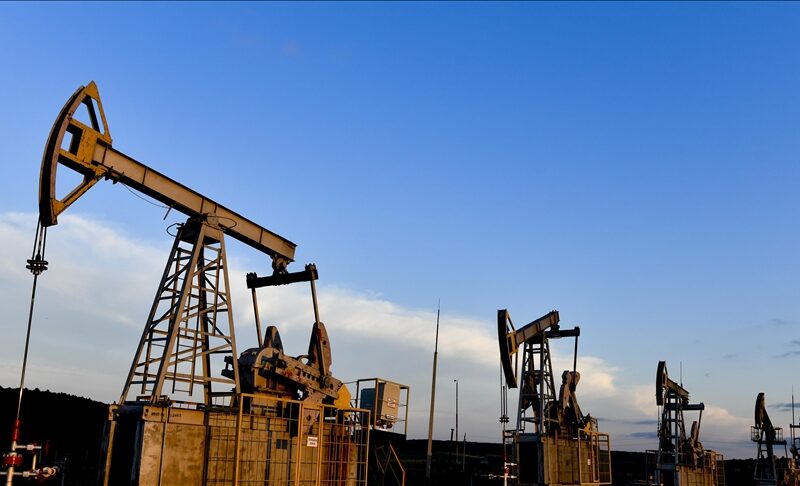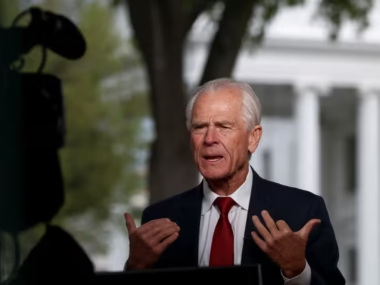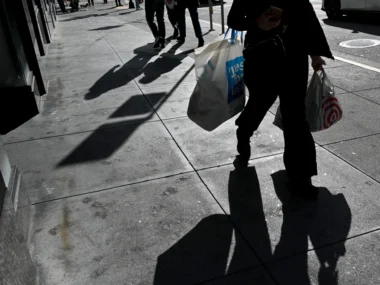Prices dropped 4% last week as supply concerns subsided and investors became more confident that the Israel-Palestine conflict would not affect oil transport routes.
Ahead of the highly anticipated OPEC+ meeting, oil prices rose on Monday due to hopes that the organization would extend its current output curbs through January.
At 09.49 a.m. local time (0649 GMT), the price of international benchmark crude Brent was $81.28 per barrel, up 0.83% from Friday’s closing price of $80.61 per barrel.
West Texas Intermediate (WTI), the benchmark for the United States, was up 0.93% from Friday’s closing price of $76.04 a barrel to $76.75 at the same time.
Due to dwindling worries that the war between Israel and Palestine will impede oil trading routes, both benchmarks saw a downturn last week.
On the opening day of the week, however, prices rose as traders factored in the possibility that Saudi Arabia, the swing producer for OPEC, might prolong its one million barrels per day (bpd) production reduction for at least an additional month.
The 23-member OPEC+ group’s producers had been lowering output “to ensure market stability” due to concerns of sluggish demand in China, but new data indicated that the country—which is the world’s largest oil importer—has recovered from the COVID-19 pandemic’s effects.
In its monthly oil report, OPEC also predicted that demand will rise in 2024 due to expectations of strong global economic development and ongoing improvements in China, which will encourage the use of oil.
The OPEC+ group’s ministers will meet on Sunday to decide on their next output agreement, and analysts predict that any decision will be sufficient to temporarily raise prices.











